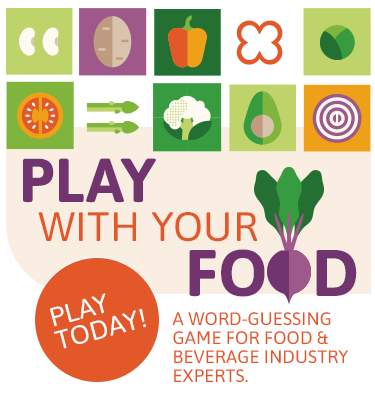
Better for You
Sponsored Content
Sponsored Content is a special paid section where industry companies provide high quality, objective, non-commercial content around topics of interest to the Prepared Foods audience. All Sponsored Content is supplied by the advertising company and any opinions expressed in this article are those of the author and not necessarily reflect the views of Prepared Foods or its parent company, BNP Media. Interested in participating in our Sponsored Content section? Contact your local rep!
close

















.jpg?height=1000&t=1727443085&width=auto)





